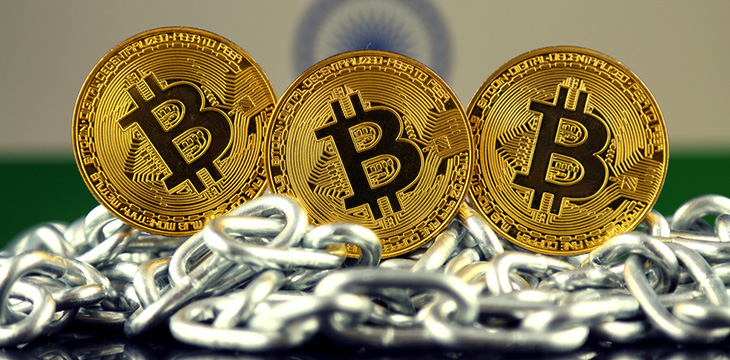|
Getting your Trinity Audio player ready...
|
The Indian Ministry of Finance revealed it has no immediate plans to regulate the sale and purchase of digital assets. However, the country continues to tighten oversight on digital asset-related money laundering and terrorist financing.
During a parliamentary meeting on August 5, Pankaj Chaudhary, Minister of State in India’s Ministry of Finance, outlined the country’s current approach to digital asset regulations, saying, “Currently, there is no proposal to bring legislation for regulating the sales and purchase of virtual digital assets in the country.”
Chaudhary shared the information as part of a written response to a question from the lower parliament, Lok Sabha, by Ganti Harish Balayogi.
While the Minister of State ruled out regulating digital asset sales and purchases in the immediate future, he noted that India had pushed for a coordinated effort from all Group of 20 (G20) nations to curb the illicit use of digital assets globally during its 2023 presidency, through the adoption of the G20 Roadmap on Crypto Assets.
“All jurisdictions, including India, are expected to evaluate their country-specific characteristics and risks, and engage with standard-setting bodies and the G20 to appropriately consider any necessary measures for crypto assets,” said Chaudhary.
He also reiterated that ‘Virtual Digital Asset Service Providers’ are already reporting entities for anti-money laundering (AML) purposes in India.
Earlier in January, India banned several offshore digital asset exchanges due to noncompliance with local reporting obligations. Specifically, any exchange offering services to Indian users must register as a “reporting entity” and file statements with the income tax department.
On December 28, 2023, the Ministry of Finance’s Financial Intelligence Unit (FIU) issued a warning notice to Binance, Huobi, Kraken, Gate.io, KuCoin, Bitstamp, MEXC Global, Bittrex and Bitfinex for noncompliance, and thus illegally operating in India. The exchanges’ websites were subsequently blocked.
As well as enforcing AML and reporting requirements on digital asset service providers, India has imposed a substantial tax on the industry.
In March 2022, the Indian Parliament passed the Finance Bill 2022-2023, which confirmed a 30% tax rate on unrealized digital asset gains, effective April 1. This was on top of a 1% tax deducted at source (TDS), meaning an even greater impact on trading activities.
So, despite no imminent plans to regulate digital asset sales and purchases, the area is certainly no free-for-all or crypto-wild west, with AML and tax rules keeping the industry in check for the moment, for better or worse.
Watch Blockchain for Productivity Forum: Transforming public utilities with technology

 02-19-2026
02-19-2026 




